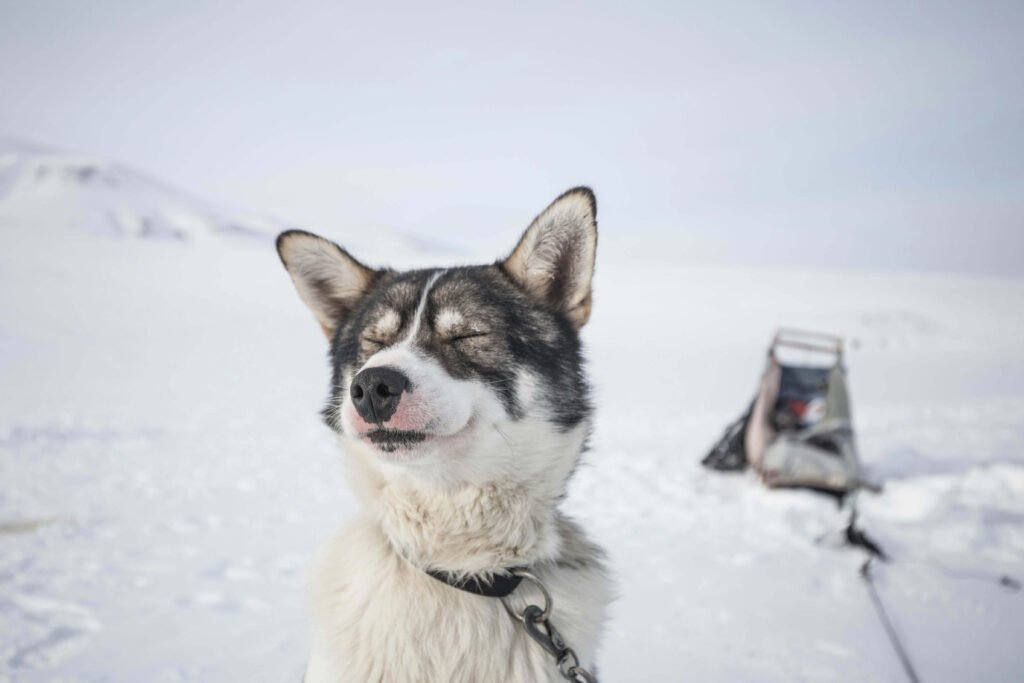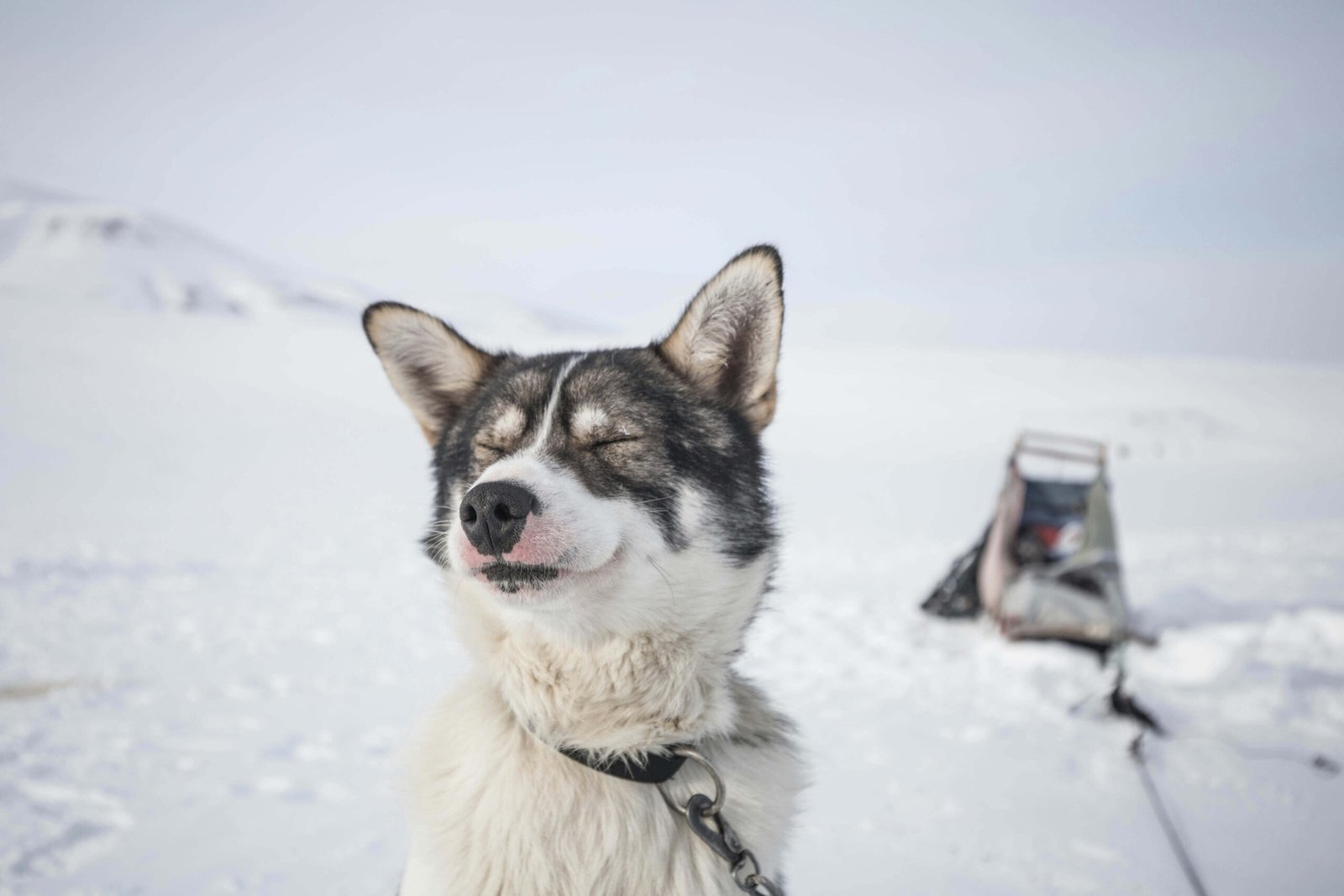Can a Wolf and a Dog Mate? Unraveling the Mystery
The idea of wolves and dogs mating has fascinated humans for centuries. After all, dogs are descendants of wolves, and their shared ancestry raises intriguing questions about compatibility. While wolves and dogs share a significant portion of their DNA, there are biological, behavioral, and ethical considerations to explore. In this blog post, we’ll delve into whether wolves and dogs can mate, the challenges involved, and what happens when they do. By the end, you’ll have a clear understanding of this fascinating topic.
Biological Compatibility: Can Wolves and Dogs Mate?
Wolves and dogs share a common ancestor, which makes their ability to mate biologically possible under certain conditions. Here’s what you need to know:
Shared Genetics : Wolves and dogs belong to the same species, Canis lupus , making interbreeding genetically feasible.
Fertile Offspring : Hybrids produced from wolf-dog matings are often fertile, meaning they can reproduce.
Chromosomal Similarities : Both wolves and dogs have the same number of chromosomes (78), enabling successful reproduction.
Physical Differences : Despite their genetic similarities, wolves are larger and more muscular, which can complicate mating in some cases.
Behavioral Barriers : Wolves are naturally more cautious and territorial, which may deter them from mating with domesticated dogs.
While wolves and dogs can technically mate, the process is not always straightforward due to these biological and behavioral factors.
Challenges of Wolf-Dog Mating
Even though wolves and dogs can mate, several challenges make such pairings rare in the wild or captivity. Here’s an overview:
Natural Instincts : Wolves are driven by survival instincts, while dogs are domesticated, leading to conflicting behaviors during mating.
Social Structure : Wolves live in tightly-knit packs, and introducing a dog into this dynamic can disrupt social hierarchies.
Reproductive Timing : Wolves have specific breeding seasons, whereas dogs can reproduce year-round, complicating synchronization.
Ethical Concerns : Breeding wolves with dogs raises questions about animal welfare and the purpose of creating hybrids.
Legal Restrictions : Many regions regulate or prohibit the ownership and breeding of wolf-dog hybrids due to safety concerns.
These challenges highlight why wolf-dog matings are uncommon and often require human intervention to occur.
Check this guide 👉Cat and Dog Fighting: Best 7 Expert Tips!
Check this guide 👉Can a Cat and a Dog Have a Baby? Best 7 Expert Tips!

Factor | Details |
|---|---|
Genetic Compatibility | Wolves and dogs share 99% of their DNA |
Fertility of Hybrids | Most wolf-dog hybrids are fertile |
Behavioral Differences | Wolves are more territorial; dogs are more submissive |
Breeding Season | Wolves breed seasonally; dogs can breed year-round |
Legal Status | Ownership of wolf-dog hybrids is restricted in many areas |
Characteristics of Wolf-Dog Hybrids
When wolves and dogs mate successfully, their offspring inherit traits from both parents. Here’s what to expect from wolf-dog hybrids:
Physical Appearance : Hybrids often resemble wolves, with larger builds, longer legs, and thicker coats than typical dogs.
Temperament : Their behavior can range from independent and aloof to affectionate, depending on the dominance of wolf or dog traits.
Energy Levels : Hybrids tend to be highly energetic and require extensive exercise and mental stimulation.
Training Challenges : Due to their wolf lineage, hybrids may be less responsive to traditional dog training methods.
Lifespan : The average lifespan of a wolf-dog hybrid is shorter than that of most domestic dogs, typically ranging from 10 to 15 years.
Understanding these characteristics is crucial for anyone considering the responsibilities of owning or caring for a wolf-dog hybrid.
Ethical and Practical Considerations of Wolf-Dog Hybrids
Owning or breeding wolf-dog hybrids comes with significant ethical and practical challenges. Here’s what you should consider:
Animal Welfare : Hybrids may struggle to adapt to domestic life, as their instincts differ from those of purebred dogs.
Safety Risks : Hybrids can exhibit unpredictable behavior, posing potential risks to humans and other animals.
Care Requirements : They need specialized diets, ample space, and enrichment activities to thrive, which can be costly and time-consuming.
Legal Implications : Many areas classify wolf-dog hybrids as wild animals, subjecting owners to strict regulations or bans.
Conservation Concerns : Breeding hybrids may detract from efforts to preserve pure wolf populations in the wild.
These considerations underscore the importance of thinking carefully before pursuing wolf-dog hybrids as pets or breeding projects.
Differences Between Wolves and Dogs
While wolves and dogs share a common ancestry, their differences are significant and influence their behavior, appearance, and lifestyle. Here’s a breakdown of the key distinctions:
Social Structure : Wolves live in structured packs with clear hierarchies, while dogs are more adaptable to human-led environments.
Communication : Wolves rely heavily on body language and vocalizations within their pack, whereas dogs have adapted to understand human cues.
Dietary Needs : Wolves are obligate carnivores, requiring a meat-heavy diet, while dogs can thrive on a more varied diet, including grains and vegetables.
Temperament : Wolves are naturally cautious and independent, while dogs are generally more sociable and eager to please.
Lifespan : Wolves typically live 6-8 years in the wild, while domesticated dogs often live 10-15 years due to controlled environments and veterinary care.
These differences highlight why wolves and dogs, despite their genetic similarities, lead vastly different lives and face unique challenges when interacting.
Myths About Wolf-Dog Hybrids
There are many misconceptions about wolf-dog hybrids that can lead to misunderstandings about their nature and care. Let’s debunk some common myths:
Myth: Hybrids Are More Loyal Than Dogs : In reality, hybrids are often less predictable and may not form strong bonds with humans like domesticated dogs do.
Myth: They Make Great Guard Animals : While they may appear intimidating, hybrids are not inherently protective and can be unpredictable in unfamiliar situations.
Myth: Hybrids Retain Only Wolf Traits : Hybrids inherit a mix of traits from both parents, making their behavior and appearance highly variable.
Myth: They Can Be Trained Like Dogs : Hybrids often resist traditional training methods due to their independent and wild instincts.
Myth: Owning a Hybrid Is Easy : Caring for a hybrid requires extensive resources, knowledge, and commitment, far beyond what most people anticipate.
By understanding these myths, potential owners can make informed decisions and avoid unrealistic expectations about wolf-dog hybrids.
Conservation Implications of Breeding Wolf-Dog Hybrids
Breeding wolf-dog hybrids has broader implications for wildlife conservation and ethical considerations. Here’s what you need to know:
Genetic Dilution : Breeding hybrids can dilute the pure genetic lines of wild wolves, threatening biodiversity in ecosystems.
Misidentification Issues : Hybrids released into the wild may be mistaken for pure wolves, complicating conservation efforts and research studies.
Public Perception : The popularity of hybrids may overshadow efforts to protect endangered wolf populations, diverting attention and resources.
Ethical Concerns : Creating hybrids for novelty purposes raises questions about the exploitation of wild animals for human entertainment.
Legal Gray Areas : The existence of hybrids blurs the line between domesticated animals and wildlife, creating challenges for lawmakers and conservationists.
These implications emphasize the importance of prioritizing the preservation of wild wolves over the creation of hybrids, ensuring their survival for future generations.
Frequently Asked Questions About Wolf-Dog Mating
Are wolf-dog hybrids legal everywhere?
No, many regions have laws restricting or banning the ownership of wolf-dog hybrids due to safety concerns.
Can a wolf-dog hybrid live with other pets?
It depends on the individual hybrid’s temperament, but cohabitation can be risky due to their predatory instincts.
How much exercise does a wolf-dog hybrid need?
They require several hours of physical activity daily, as well as mental stimulation to prevent boredom.
Do wolf-dog hybrids make good family pets?
Generally, no. Their unpredictable nature and high needs make them unsuitable for most households.
Can a wolf-dog hybrid survive in the wild?
While they may have some survival instincts, hybrids often lack the skills needed to thrive in the wild like pure wolves.
The Complex Reality of Wolf-Dog Mating
While wolves and dogs can technically mate, the resulting hybrids come with unique challenges that make them unsuitable for most people. Understanding the biological, behavioral, and ethical implications is essential for anyone considering this topic. Whether you’re fascinated by the science behind wolf-dog hybrids or simply curious about their existence, it’s clear that these creatures represent a delicate balance between two worlds. By respecting their nature and prioritizing animal welfare, we can appreciate wolves and dogs for the distinct roles they play in our lives and ecosystems.
Pemphigus Erythematosus in Cats: Best 7 Expert Tips! – Learn to recognize symptoms, manage flare-ups, and improve your cat’s quality of life.
Pemphigus Erythematosus in Dogs: Best 7 Expert Tips! – Discover causes, symptoms, and treatment options to manage this autoimmune skin condition effectively.
Cat Tympanic Membrane: Best 7 Expert Tips! – Learn how to protect your cat’s eardrum, spot issues early, and ensure lifelong auditory health.
Dog Tympanic Membrane: Best 7 Expert Tips! – Learn how to protect your dog’s eardrum, spot issues early, and ensure lifelong ear health with expert advice.





